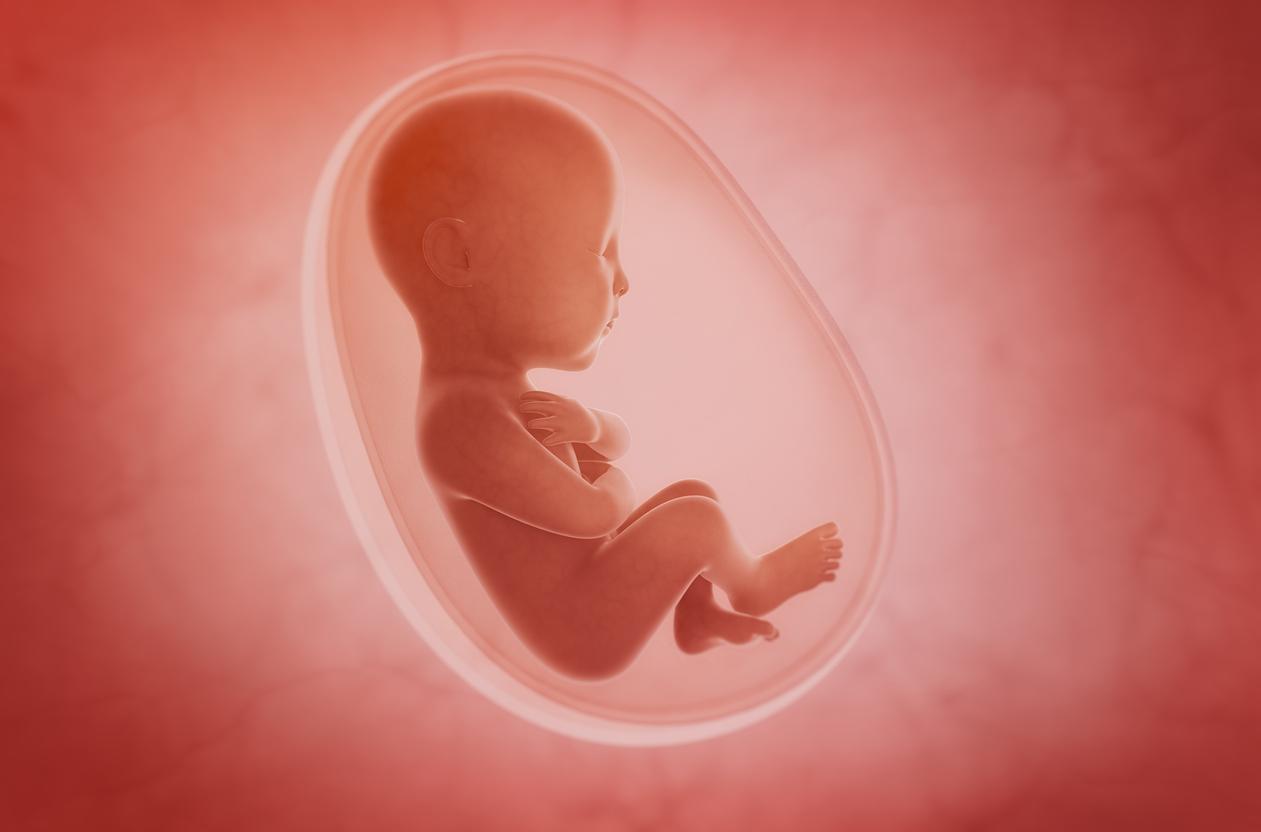SARS-CoV-2 hijacks three proteins from the complement system, which participates in the body’s defense against infection, allowing it to stay longer and cause more serious or long-term forms of Covid-19.

- The complement system participates in the body’s defense against infection.
- During their work, the scientists therefore discovered that three proteins – CD55, CD59 and factor H – were hijacked by SARS-CoV-2.
- This diversion prevents the complement system from fulfilling its role, which could explain the serious or long forms of Covid-19.
CD55, CD59 and factor H… Here are the three names of the proteins that SARS-CoV-2 hijacks in its favor to protect itself from the immune system, according to a new study published in the journal Emerging Microbes & Infections.
Covid-19 deceives the complement system
More specifically, researchers from the Medical University of Vienna and of the Medical University of Innsbruckboth in Austria, studied the complement system. This one participates, according to MSD Manual“to defend the body against infection by activating a local inflammatory response”. It connects innate immunity and acquired immunity, which strengthens with exposure to pathogens.
There general public version indicates that “The complement system is made up of more than 30 proteins that act sequentially: One protein activates another, which activates another, and so on, to fight infection. This sequence is called the complement cascade.”.
To test the impact of these three proteins CD55, CD59 and factor H, the researchers removed them from the surface of the virus or blocked their activity. Results: in these two situations, the complement system could once again fight against Covid-19.
“By hijacking these three proteins, SARS-CoV-2 can evade all three complement pathways, resulting in reduced or delayed viral elimination“, indicates Anna Ohradanova-Repic, one of the authors, in a press release. The complement cascade is therefore prevented by the diversion of these three proteins. Thus, the Covid-19 virus can progress in the body without being braked.

An explanation of the serious or long forms of Covid-19
Furthermore, as the complement system is linked to other components of the immune system, its non-reactivity can lead to greater inflammation and therefore a severe or long-term form of Covid-19.
“The discovery of these immune evasion mechanisms, which allow the virus to remain in the host longer, deepens our understanding of the acute and long-term impacts of SARS-CoV-2 infection“, concludes Laura Gebetsberger, one of the authors.

















